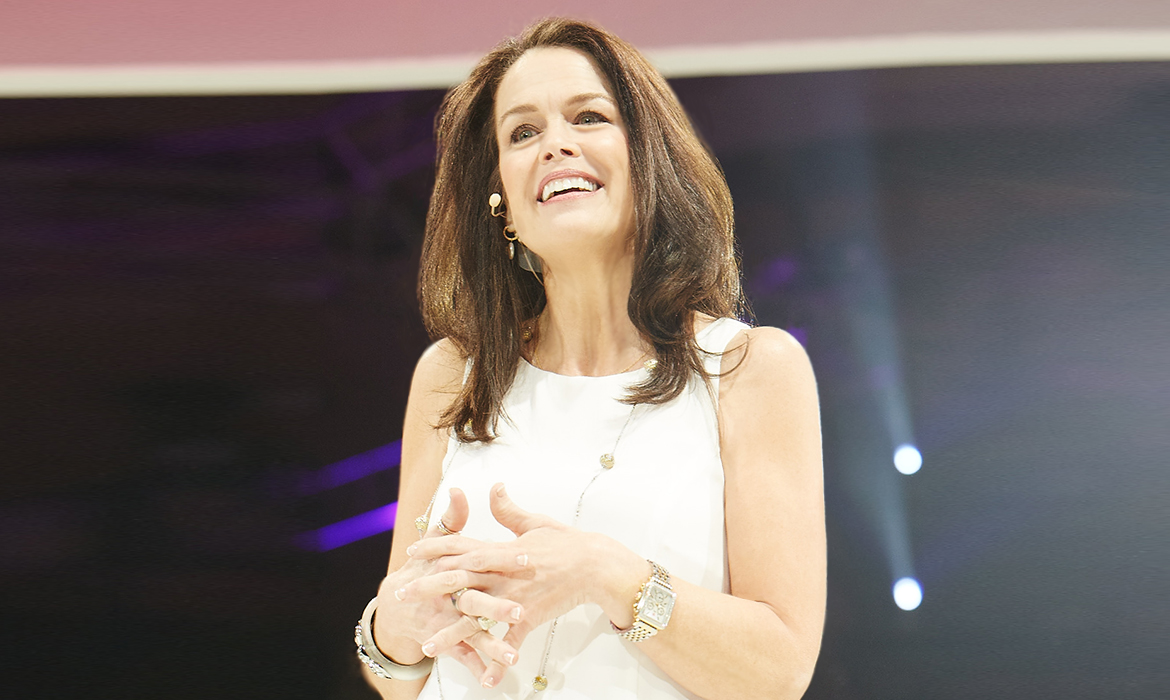When I take time first thing in the morning for reflection, everything about my day is fundamentally different than when I don’t. Days that start in quietude allow me to get centered spiritually, think deeply, and clarify my purpose for the day. Days that begin as though I am “off to the races,” most assuredly mean my race for the day will not be won. I propose that we have more need than ever to learn how to quiet the mind and spend time in reflection.
We have become an era that suffers from shallow thinking through structuring our days without margin for deep thought and reflection. Once the day’s demands begin, our minds are such a flurry of activity, reacting quickly from one stimulus to another, and our environments are filled with so much noise, that a still, quiet moment is nearly unattainable.
The APA states that our mind produces over 60,000 thoughts a day and 85% of them are the same thoughts we had yesterday, suggesting that the vast majority of what we feel and do everyday is simply habitual ways of thinking. Without the ability to quiet the mind, we become a prisoner to our habits and patterns. In his book A Real Life, Ferenc Máté references a study done by the US Bureau of Labor Statistics in 2008 that examined people’s hours of “screen time” (computer, phone, iPad), and he concludes that many experience each day 510 minutes of shallow thinking versus only 7 minutes of potentially deep thought. By taking time to reflect, we put ourselves back in control, our thinking becomes more intentional, and we become more purposeful.
Quietness is precious—perhaps far more than we realize. When we are quiet, we can achieve our deepest level of thought. It takes time for us to look at our life, draw connections, and gain clarity around what we want, who we are, who we want to be, and how the hours that lay ahead can all be pursued through the filter of our purpose.
On the days when I skip reflection, it’s because I’ve allowed myself to believe that I just don’t have the time. And the reality is that by not taking that time in the morning, it can mean that a whole day is nearly lost due to a lack of focus—a lack of purpose. Contrast half an hour, or even an hour, with an entire day, and I can’t afford not to take the time each day. Taking time—at the very start of each day—is essential for fulfilling my purpose.
“All of man’s problems could be solved if he could just learn to sit alone in a room with himself for an hour.” – Pascal (1623-1662)
What disciplines of reflection have you developed? How have they enriched your life?





